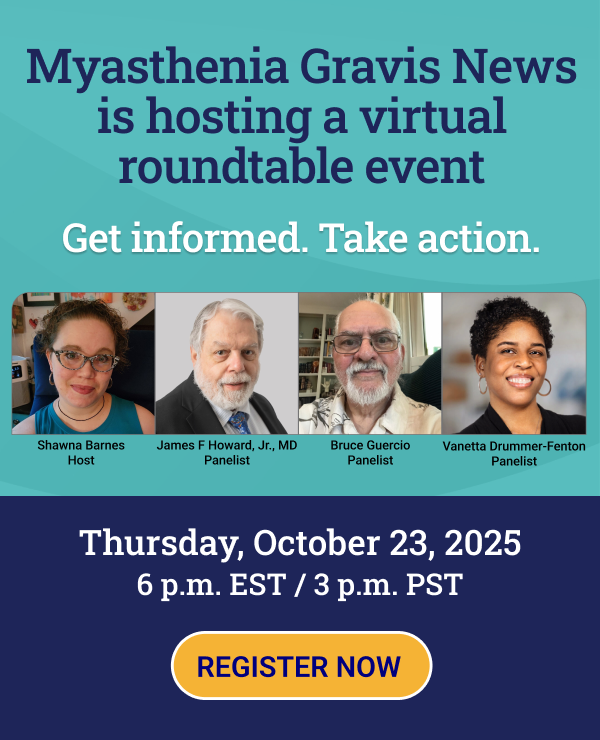FDA OKs clinical testing of new cell therapy for hard-to-treat gMG
The U.S. Food and Drug Administration (FDA) has given the green light to Iaso Bio to start clinical testing of its BCMA CAR T-cell therapy equecabtagene autoleucel, known as Eque-cel for short, in people…

 Fact-checked by
Fact-checked by 


